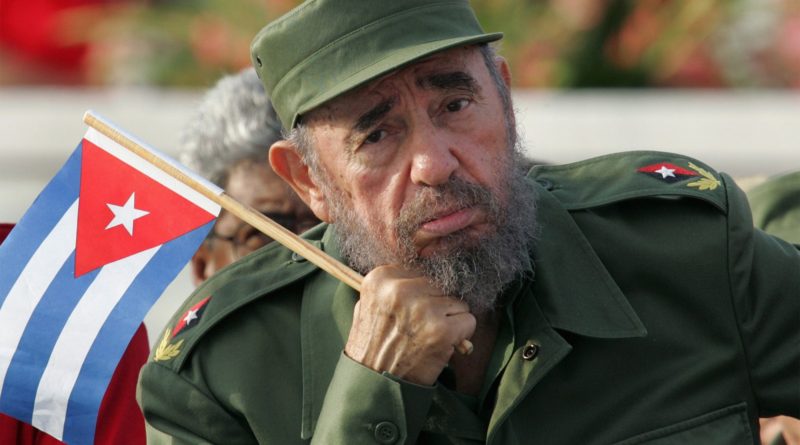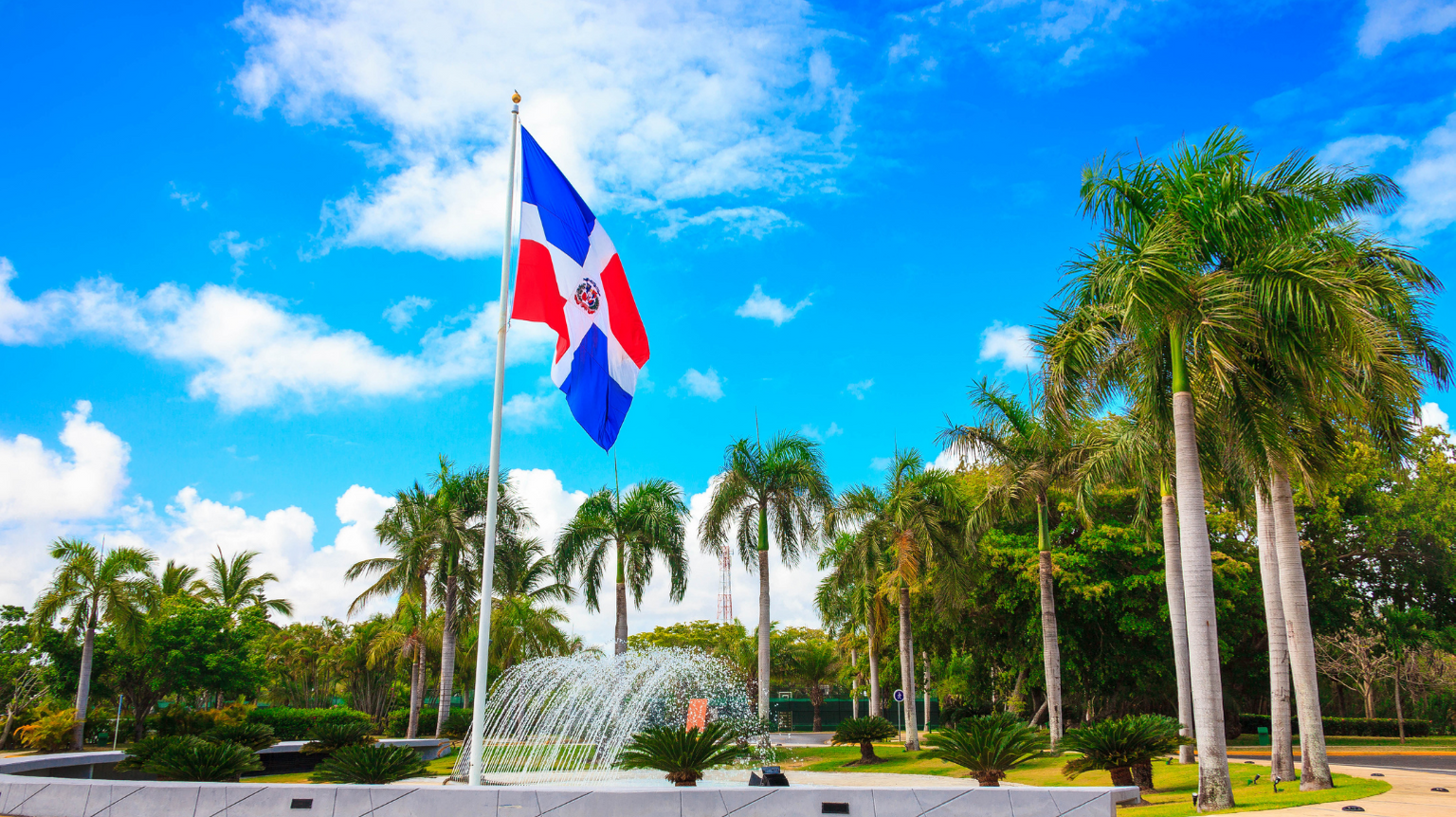Cuban Dictator Fidel Castro Dead at 90
Fidel Castro, who led his bearded rebels to victorious revolution in 1959, embraced Soviet-style communism and defied the power of 10 U.S. presidents during his half-century of rule in Cuba, has died at age 90.
With a shaking voice, President Raul Castro said on state television that his older brother died at 10:29 p.m. Friday. He ended the announcement by shouting the revolutionary slogan: “Toward victory, always!”
Castro’s reign over the island nation 90 miles (145 kilometers) from Florida was marked by the U.S.-backed Bay of Pigs invasion in 1961 and the Cuban Missile Crisis a year later that brought the world to the brink of nuclear war. Castro, who outlasted a crippling U.S. trade embargo as well as dozens, possibly hundreds, of assassination plots, died 10 years after a life-threatening illness led him to turn over power to his brother.
“Socialism or death” remained Castro’s rallying cry even as Western-style democracy swept the globe and other communist regimes in China and Vietnam embraced capitalism, leaving this island of 11 million people an economically crippled Marxist curiosity.
He survived long enough to see his brother negotiate an opening with U.S. President Barack Obama on Dec. 17, 2014, when Washington and Havana announced they would move to restore diplomatic ties for the first time since they were severed in 1961. He cautiously blessed the historic deal with his lifelong enemy in a letter published after a month long silence. Obama made a historic visit to Havana in March 2016.
In the Cuban capital, flags flew at half-staff at public buildings and some foreign embassies across the city Saturday. By midday, the U.S. Embassy’s flag had not been lowered.
Carlos Rodriguez, 15, was sitting in Havana’s Miramar neighborhood when he heard that Fidel Castro had died.
“Fidel? Fidel?” he said, slapping his head in shock. “That’s not what I was expecting. One always thought that he would last forever. It doesn’t seem true.”
But the news cheered the community of Cuban exiles in Florida who had fled Castro’s government. Thousands gathered in the streets in Miami’s Little Havana to whoop, wave Cuban flags, and bang on pots with spoons. Cars honked horns, and police blocked off streets.
Alex Ferran, 21, headed toward the gathering in front of exile hangout Cafe Versailles with three friends early Saturday morning after his mother and grandmother called him with the news. He was beside himself with excitement.
“We’re here to celebrate. This is history in the making,” Ferran said. “This is insane, dude. Someone died and there’s a parade. This could only happen here.”
Obama said that the United States extended “a hand of friendship to the Cuban people” and that “history will record and judge the enormous impact of this singular figure on the people and world around him.”
President-elect Donald Trump called Castro “a brutal dictator who oppressed his own people for nearly six decades.” He said he hoped the death would clear the way “toward a future in which the wonderful Cuban people finally live in the freedom they so richly deserve.”
He said his administration will do all it can to help Cubans “begin their journey toward prosperity and liberty.”
Cuba’s government announced that Castro’s ashes would be interred on Dec. 4 in the eastern city of Santiago that was a birthplace of his revolution. That will follow more than a week of honors, including a nearly nationwide caravan retracing, in reverse, his tour from Santiago to Havana with the triumph of the revolution in 1959.
Photo courtesy of TheDailyBeast.com.



